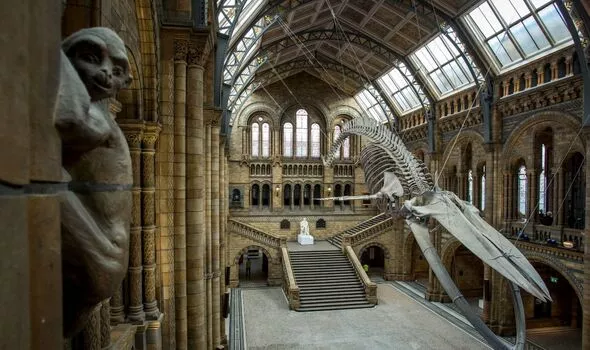Zimbabwe has renewed its appeal to Britain for the repatriation of the remains of 19th-century warriors who resisted colonial rule. This demand is part of a growing movement urging Western nations and museums to return African artefacts and historical items that were taken during the colonial period by various powers, including Belgium, Britain, France, and Germany.
In a speech on Monday, President Emmerson Mnangagwa emphasized that “the spirits of our heroes will not rest until their remains are repatriated and interred in a dignified way.” He made these remarks during the burial of independence hero Jaison Chirinda, who passed away on October 27 at the age of 82.
Mnangagwa highlighted the legacy of anti-colonial figures such as King Lobengula, who was forced into exile, as well as Mbuya Nehanda and Sekuru Kaguvi, both executed for their resistance against colonial rule. He also mentioned other brave leaders, including Chief Chiwashira, Chief Chingaira, Chief Mapondera, and Chief Mashayamombe, whose remains are reportedly held in British museums as war trophies after their capture and violent deaths.
The Zimbabwean government believes these remains were taken to the UK as trophies of war and are currently used for research at institutions like Cambridge University and London’s Natural History Museum.
Two years ago, British institutions expressed their willingness to cooperate on this matter following discussions with a Zimbabwean delegation. While the Natural History Museum is known to house over 25,000 human remains, the exact number from Zimbabwe remains unclear. The topic has been under discussion since 2014.
In addition to the return of the remains, Mnangagwa has called for an apology from the British government for the atrocities committed during the colonial era. British control in Zimbabwe ended in 1965, but the local white minority continued to govern the country, known then as Rhodesia, until 1980, when it was renamed Zimbabwe following a guerrilla war.

